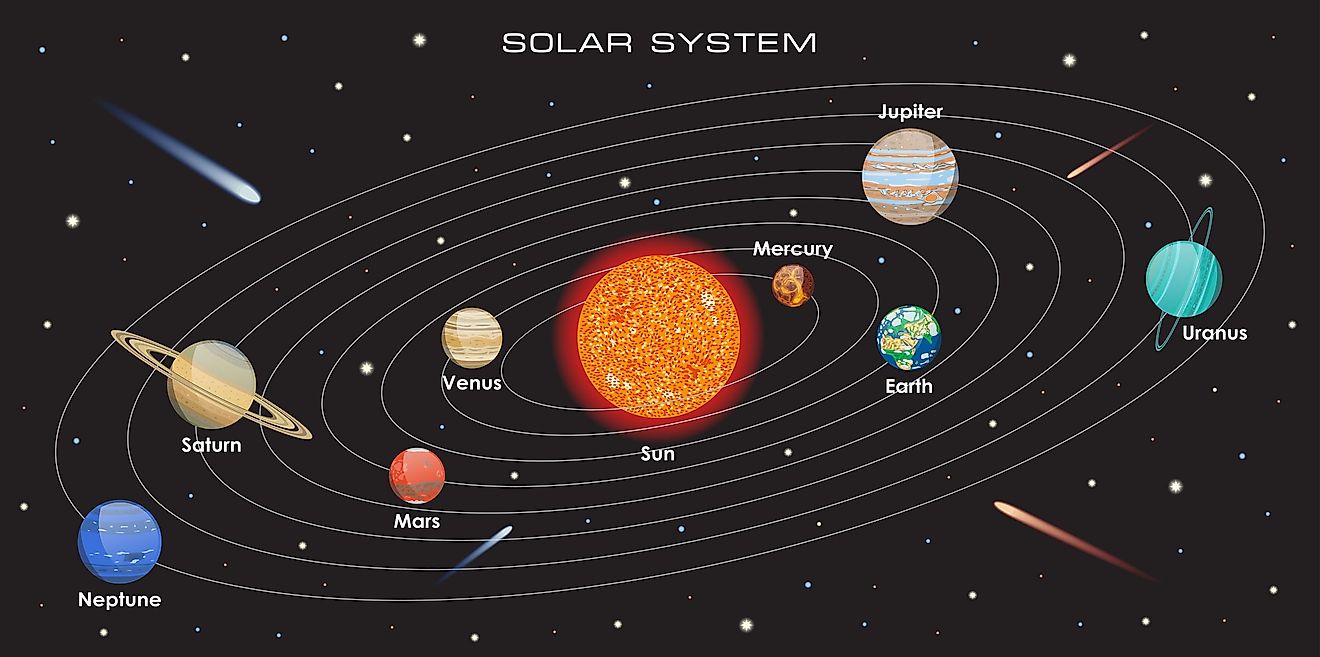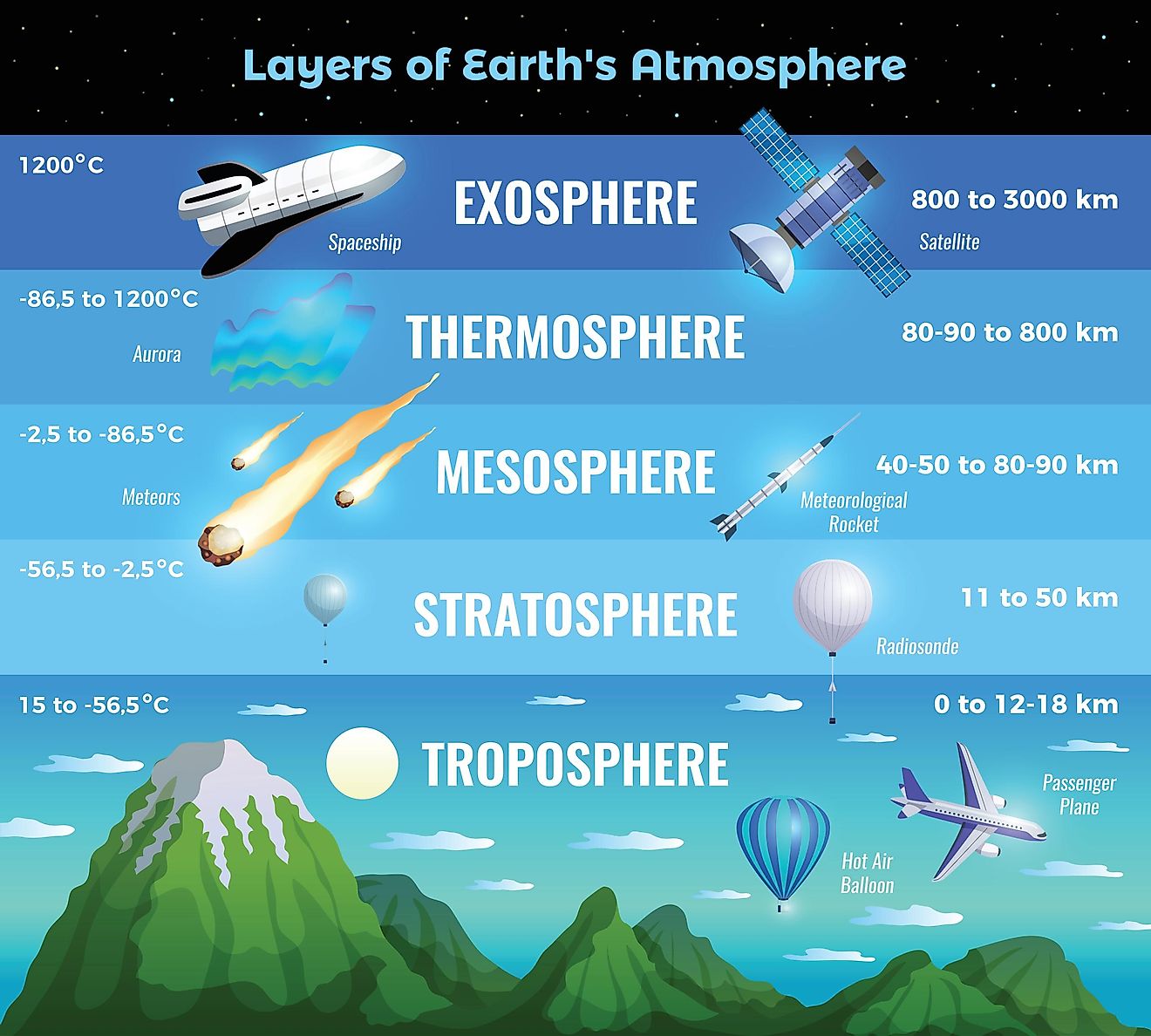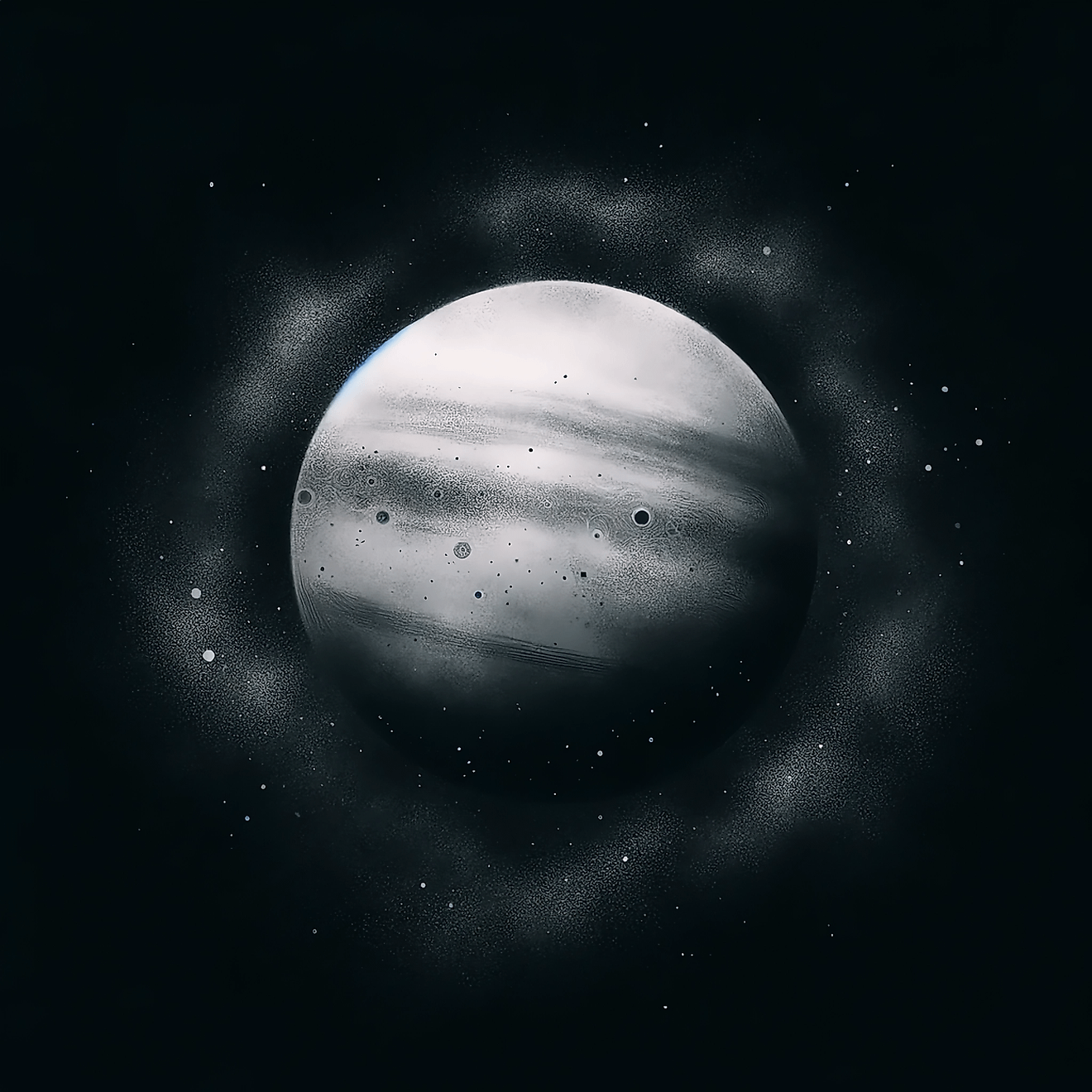
The Largest Solar Flare Ever Recorded
In September 1859, British astronomer Richard Carrington saw a sudden bright flash on the Sun. Soon after, a huge cloud of solar material, called a coronal mass ejection (CME), raced toward Earth.
About 18 hours later, it struck our planet’s magnetic field and caused the strongest geomagnetic storm ever recorded. Lights in the sky glowed far from the poles, and the main technology of the day, the telegraph, went haywire. Carrington carefully wrote down what he saw, and reports from operators, sailors, and newspapers confirmed a rare, powerful space-weather event.
The Carrington Event is known for how strongly it shook Earth’s magnetic field, not just because it was "the biggest flare." An event of this scale could cause power outages, GPS errors, radio blackouts, satellite damage, flight rerouting, and many other detrimental occurrences.
How Solar Flares Are Classified

Scientists sort solar flares by their X-ray strength using letters: A, B, C, M, and X. X is the strongest. A number after the letter shows how big within that class (for example, X1, X5, X10).
These grades come from satellites that watch the Sun every day. A flare is a burst of light and energy; a CME is a big cloud of solar material that may follow. The worst trouble for us usually comes from fast CMEs aimed at Earth.
What Happened on Earth
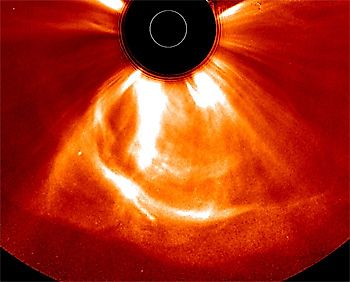
Image of the July 2012 solar storm, which generated CMEs of comparable strength to the one of 1859. The small bright circle in the light baffle demonstrates the size of the Sun.
Telegraph systems around the world failed. Operators saw sparks, got shocks, and in some cases sent messages with batteries disconnected because electric currents from the storm powered the lines. Compasses behaved strangely. At the same time, bright auroras, northern and southern lights, appeared in places that almost never see them, including the Caribbean and Chile. Some people said the sky was bright enough to read by at night. These effects did not vanish right away; they rose and fell over many hours. Remember, there were no power grids, cell towers, or GPS in 1859. If a storm that strong could upset the simpler technology of that time, it helps explain why a similar event today could be a serious challenge.
Why Flares Matter
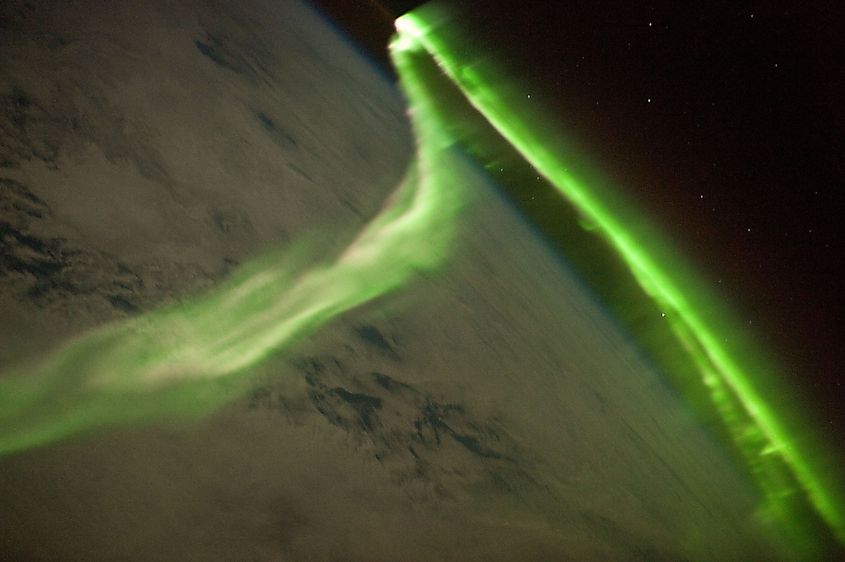
Solar flares and CMEs can disturb the space around Earth. The flare’s X-rays and extreme ultraviolet light reach us in about eight minutes. They don’t get to the ground, but they charge the upper atmosphere and can cause radio blackouts. Hours later, a fast CME can trigger a geomagnetic storm. That storm can push unwanted electric currents into long wires, such as power lines and pipelines, stressing equipment and, in rare cases, contributing to blackouts. In space, storms can damage satellites, confuse sensors, and increase drag on low-orbit satellites. GPS can be less accurate for a while. Airline flights near the poles may have radio trouble and sometimes be rerouted. Astronauts may need extra shielding; the good news: most flares are small. The big, Earth-directed CME combinations are uncommon.
If a Carrington-Scale Event Happened Today
Today, we watch the Sun around the clock. If a large CME heads our way, we usually get hours of warning. In that time, power-grid operators can adjust how power flows, protect equipment, and prepare for quick repairs. Satellite teams can switch spacecraft to safe mode. Airlines can reroute polar flights and use different communications. Astronauts can move to better-shielded areas. Regular people might notice temporary GPS errors, patchy radio or cell service, and possibly short power outages, especially at higher latitudes. Practical steps help: keep flashlights, a phone battery pack, some water, and a few days of shelf-stable food. If you depend on powered medical gear, ask about backup options. Events as strong as Carrington appear rare, likely centuries apart, but planning now reduces risk and speeds recovery.






